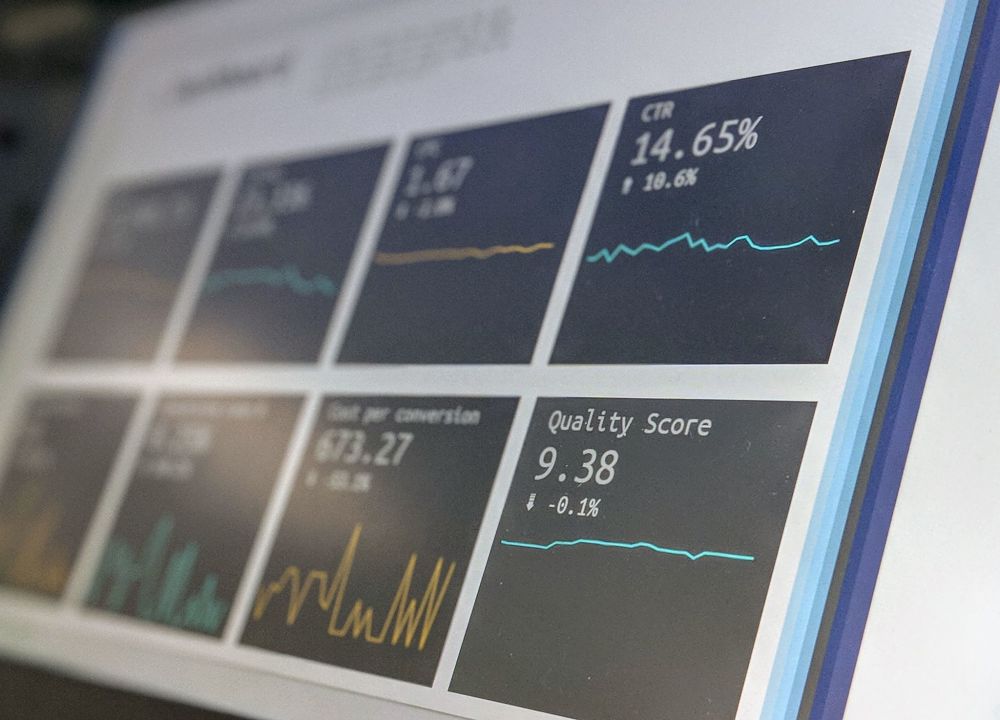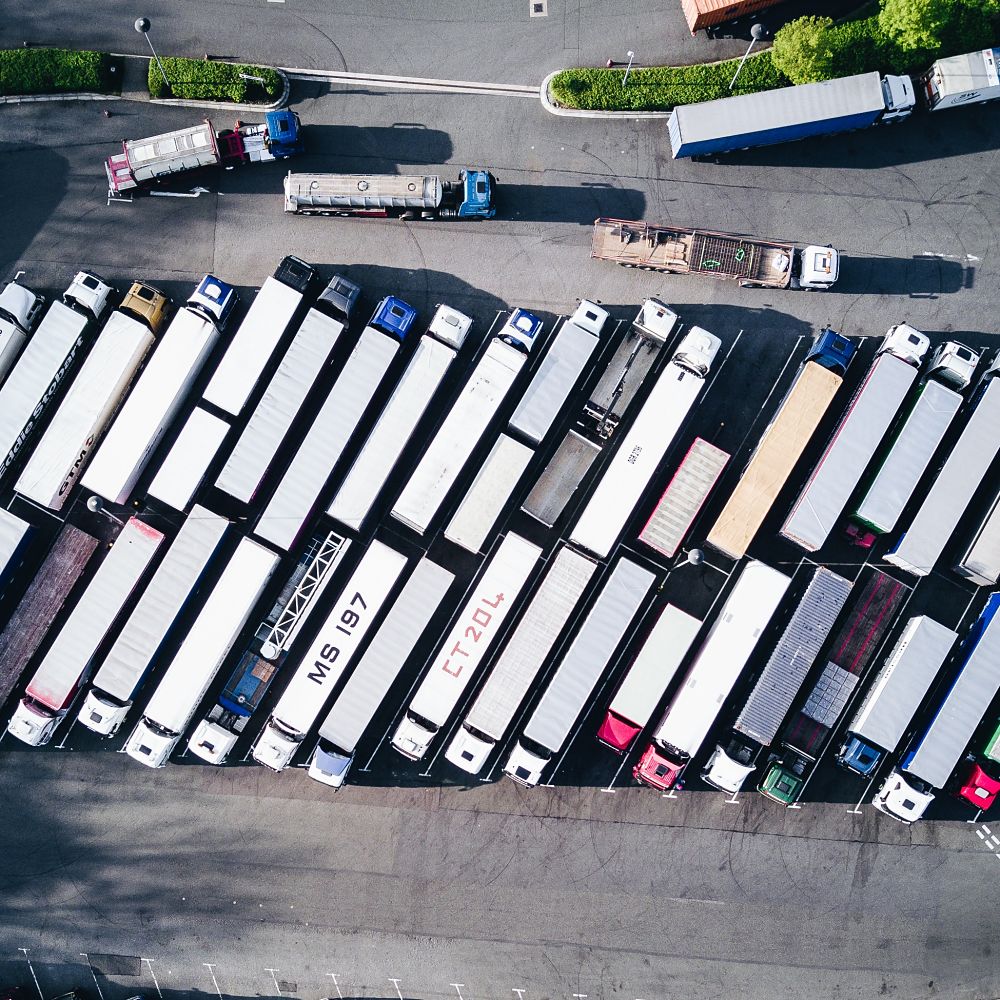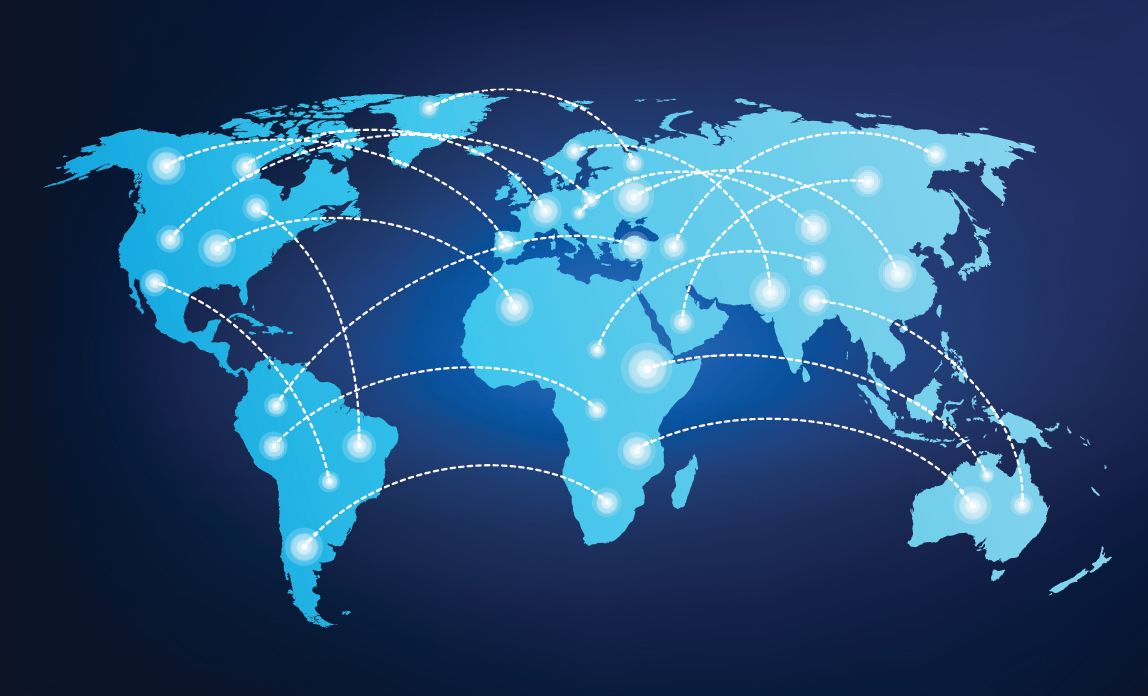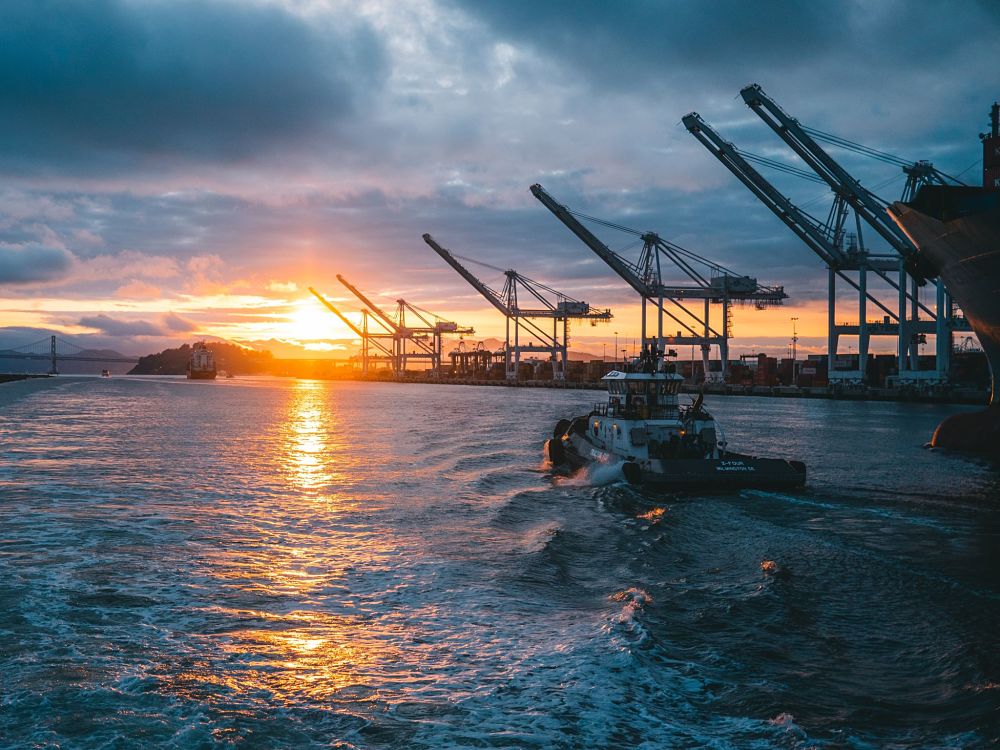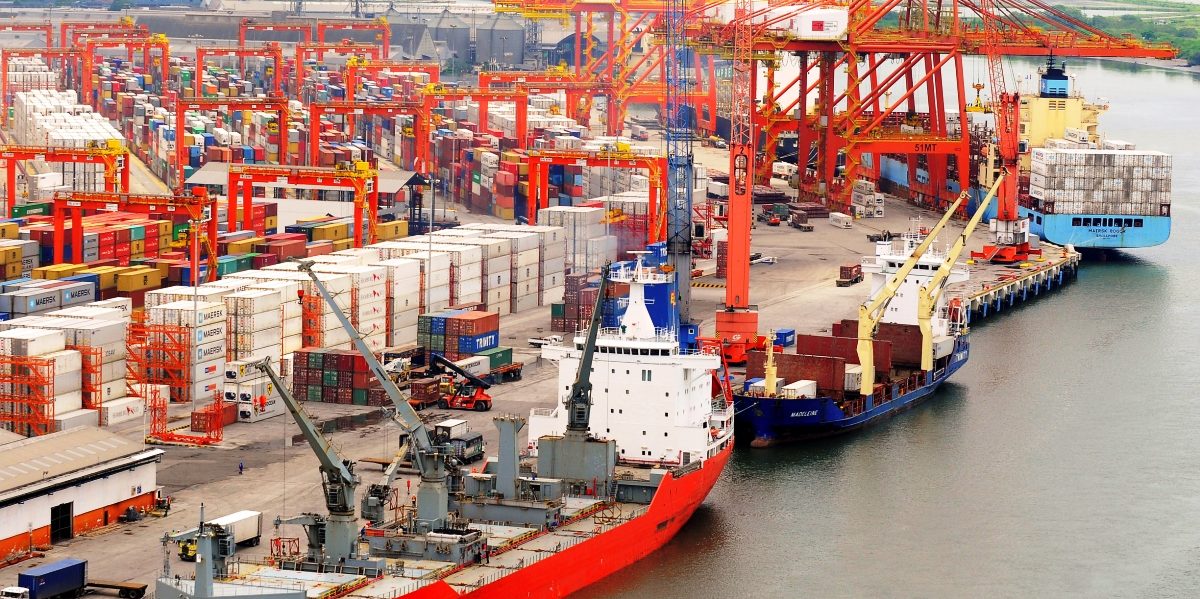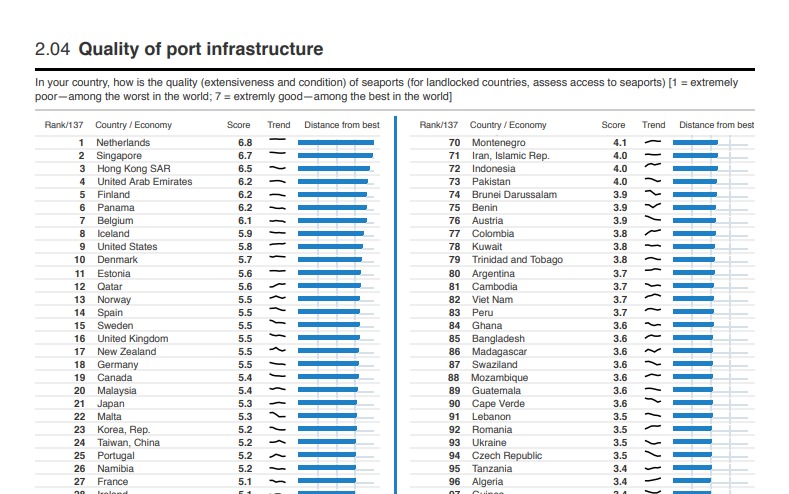Data-driven logistics businesses can optimize operations, reduce emissions and cut costs. This theme – information services – focuses on the flow of data through the logistics value chain. Like oil in the 18th century, data today is an untapped yet immensely valuable resource.¹ To extract useful insights from crude data, it must be put into context. […]
A logistics revolution: The circular economy
The circular economy is disrupting the logistics industry as we know it, yet there is great potential for logistics firms to develop plays in return services, enabling items to be reused or recycled. A circular economy (see Figure 1) is an alternative to a traditional linear economy in which resources are made, used and then […]
Seven trends driving change in logistics
Market trends are driving growth in logistics while technological advances are opening up new ways for the industry to meet that increased demand. An orphaned polar bear cub. Half a million bottles of vintage French wine. Organs for life-saving transplant operations. The logistics industry transports almost anything you can imagine to almost anywhere on earth.¹ The […]
Docs: Descargue aquí ‘Supply chain decarbonization the role of logistics and transport in reducing supply chain carbon emissions’
Supply Chain Decarbonization was produced in January 2009 by the World Economic Forum, within the framework of the Logistics and Transport Partnership Programme. [sdm_download id=»819″ fancy=»1″ new_window=»1″ color=»orange»]
The digital transformation of logistics: Threat and opportunity
Digitalization threatens to fundamentally disrupt logistics but could also help the industry reduce its inefficiencies and shrink its environmental impact. Over the past two decades, as the Internet revolution swept the world, our day-to-day lives have become increasingly digital. With email eclipsing ‘snail mail’ and digital downloads replacing physical products, this could well have dealt […]
Docs: Descargue aquí ‘The Global Competitiveness Report 2016–2017’
Lo siento, no tienes permiso para ver esta entrada.
Guayaquil Port dredging welcomed by ICTSI Ecuador unit
Contecon Guayaquil SA (CGSA), the Ecuadorian subsidiary of International Container Terminal Services, Inc. (ICTSI), welcomes the recent decision by the Guayaquil government to dredge and maintain the channel leading to the Port of Guayaquil. Through an international tender, the Technical Commission of the Municipality of Guayaquil last 5 October awarded a 25-year concession to the […]
Contecon Guayaquil moves to strengthen supply chain; Guayaquil logistics community launched
More than just moving goods, Contecon Guayaquil SA (CGSA)—the Ecuadorian unit of International Container Terminal Services, Inc. (ICTSI)—has taken the lead in uniting stakeholders towards boosting the supply chain through the creation of the Logisitics Community of the Port of Guayaquil (Comunidad Logística del Puerto de Guayaquil), aimed at improving the competitiveness of Ecuador businesses […]
Las asimetrías informativas en los mercados de infraestructura de transporte: selección adversa y expulsión de los mejores
La información toma un papel fundamental en la toma de decisiones de los individuos, aunque estos no puedan poseerla en su plenitud. En discordancia con esto, en gran parte de los análisis económicos se parte del supuesto de información perfecta, es decir, toda la información relevante se transmite a través de los precios y las […]
Docs: Descargue aquí ‘Quality of port infrastructure’
See here the classification of the ports according to the perception of their users in each country, who answered the question: In your country, how is the quality (extensiveness and condition) of seaports (for landlocked countries, assess access to seaports) [1 = extremely poor—among the worst in the world; 7 = extremly good—among the best […]


